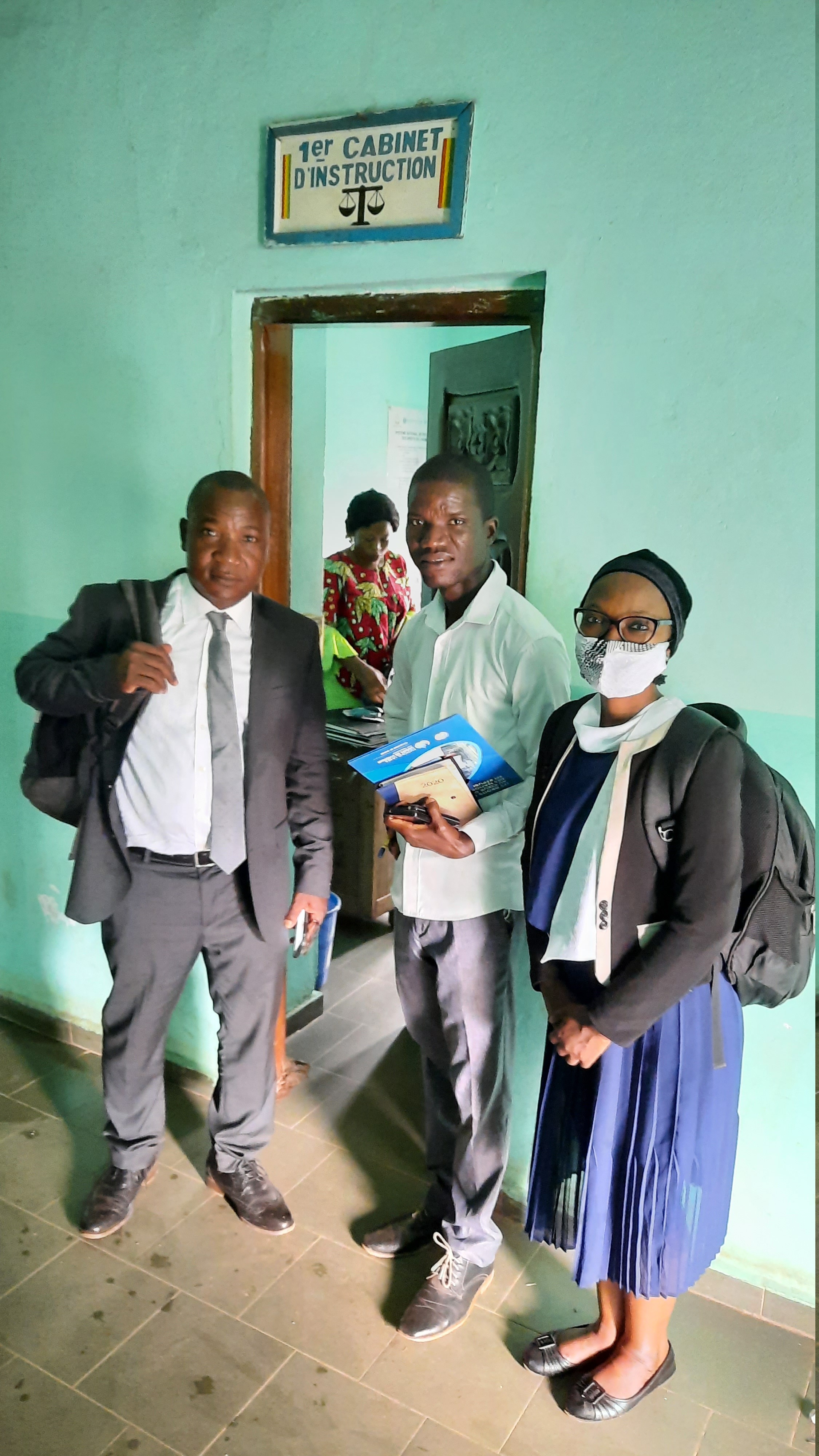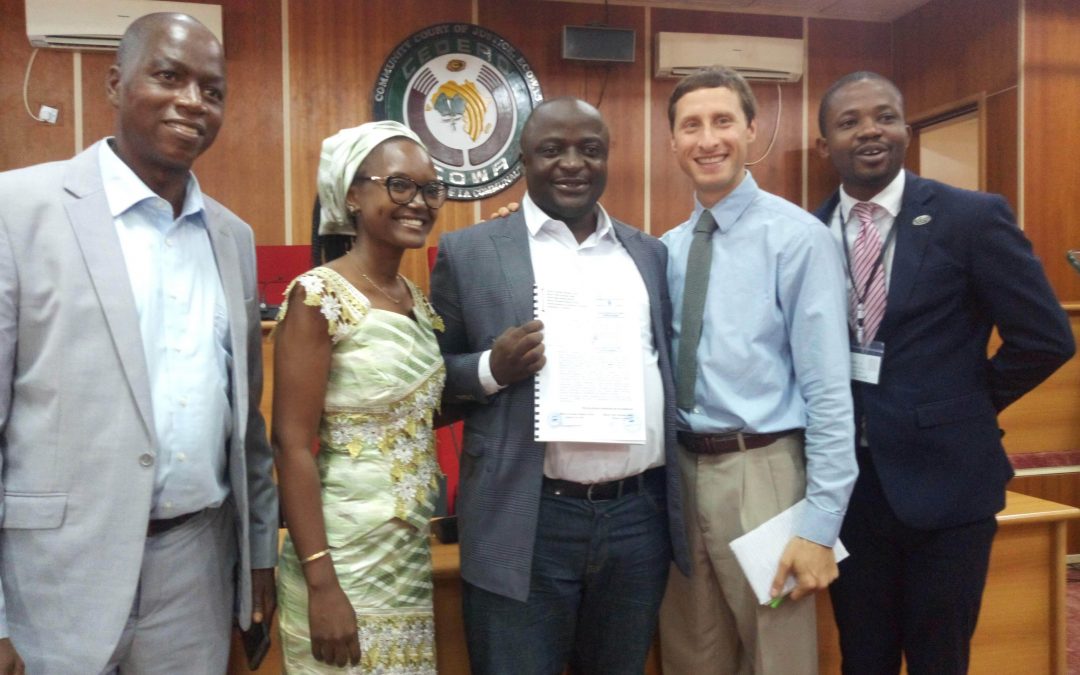The Republic of Guinea refuses to honor the decision of the ECOWAS Court of Justice in favor of Zogota Community
Factual Background
Justice denied to the victims of the Zogota massacre
- The African Charter on Human Rights
- The Universal Declaration of Human Rights
- The Convention against Torture
- The International Covenant on Civil and Political Rights (ICCPR)
Consequently, the Court gave Guinea a period of 6 months to compensate the victims and their families. This judgment was formally registered with the Guinean judiciary in December 2020. However, eight months after the court ruling – which is binding on the State according to the ECOWAS Treaty and the Protocols of the ECOWAS Court– the Guinean government has taken no public action to fulfill its obligations to the victims and their families.

On the contrary, the authorities charged with implementing the judgment have turned a deaf ear to MDT’s communications. No steps have been taken, and no timetable has been set to bring justice to the victims. This clearly demonstrates the intention of the Republic of Guinea to deny justice to the victims of the atrocities committed by State agents against Zogota Community. By refusing to execute the judgment of the Court, Guinea government defies the institutions of ECOWAS and violates the texts that govern them.
